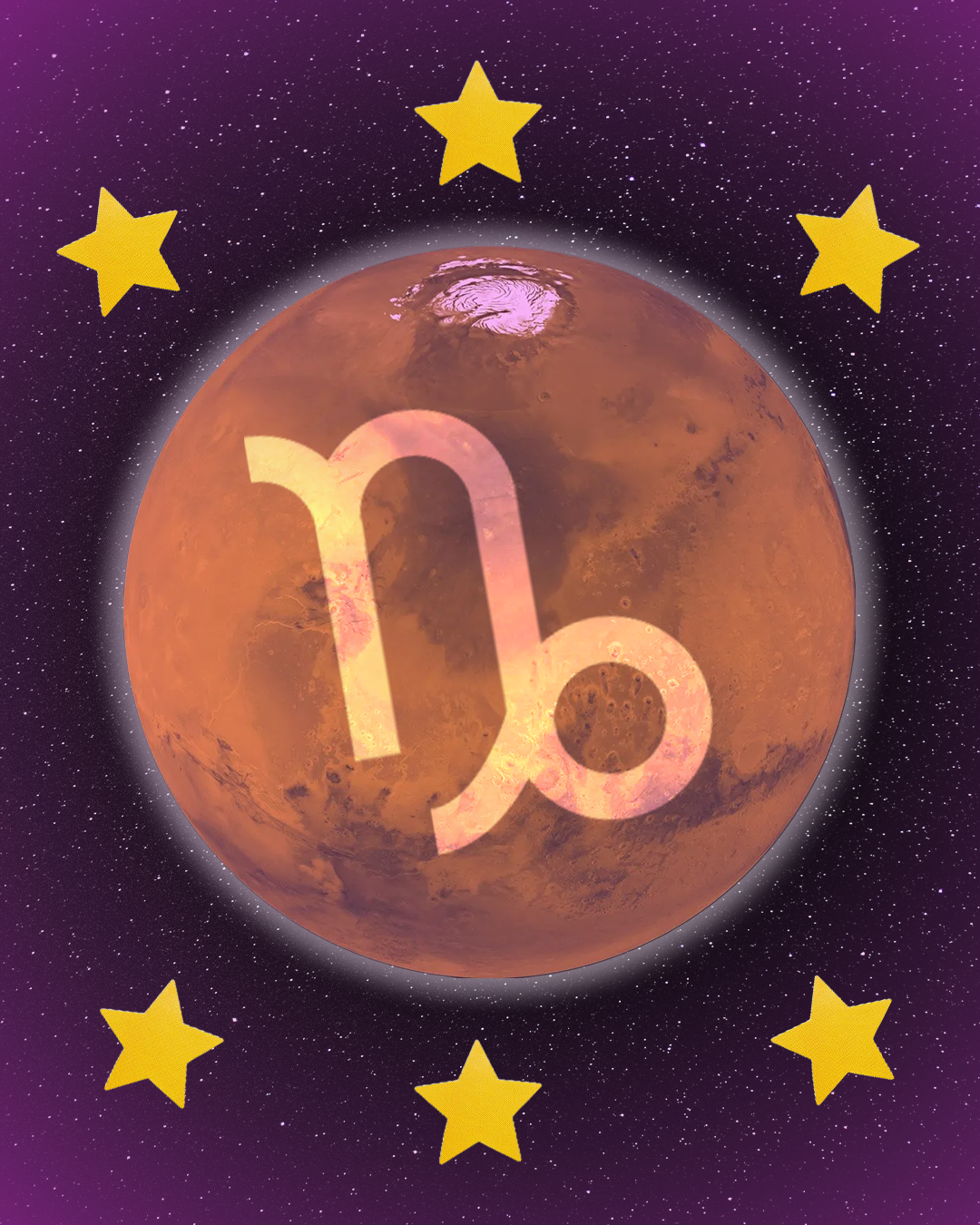
Why do fanfictions appeal so much? Waiting for the arrival of the The Tearsmith, let's talk about reading habits
In 2014, reading fanfiction on social networks was considered akin to being part of a secret club, of rebels. An underground dissident gang, quenching its thirst for reading and stories not in libraries or bookstores, in the light of day, but on specific platforms, in the dead of night, on the bus. It was a habit almost to be hidden from real-life friends, especially if the fanfiction involved real people and intertwined with the movements of shippers, fans who hoped that two people (or characters) would be together. However, the publishing market soon realized the potential of this genre and began to publish the most read and famous fanfictions, but also to commission and discover new stories and authors, outside the original circuit but inspired by the same tropes, bringing to light a huge phenomenon that translated into gigantic publishing cases. A particularly current example? The Tearsmith. But let's start with the basics.
Fanfiction Tropes: Not Just Enemies to Lovers
What are these tropes? There are many, but let's try to explain the most famous ones. There's the best friends to lovers trope, which tells how friendship often turns into love, slowly but surely. It's often associated with pining, which is what happens when one person falls in love with another but doesn't say it and just silently suffers. Sometimes, the two protagonists start as enemies. In that case, it's called enemies to lovers. The couples often at the center of these stories, or at least those that capture the hearts of readers, don't have to be traditional, heteronormative, or physical (speaking of physical couples, fanfiction has been a testing ground for the erotic genre, often clumsy because it's written by very young authors, sometimes exaggerated and stereotyped) but also platonic or friendly, as in the found family. Some tropes are more controversial than others. There's, for example, the age gap, where one protagonist is much older or younger than their love interest, not to mention the extreme jealousy or incest trope.
@tinawithana “she woke up the next morning & and threw up” yeah me too, bye #fanfiction #fanfic #fanfictiontropes #ao3 #wattpad #enemiestolovers #fakedating I couldnt find the original audio - I’m not short
The Erin Doom Case
When it comes to publishing cases derived from the world of fanfiction (author Erin Doom shared her first two books in installments on the Wattpad platform), it's impossible to ignore The Tearsmith, a novel written and published in 2021 that became, also thanks to BookTok, the best-selling book of 2022 in Italy. The story is simple: Nica and Rigel live in an orphanage full of stories and legends. The most mysterious and fascinating is the one about a craftsman with blue eyes, guilty of manufacturing all the man's fears and anxieties. One day, the two kids are adopted by a family, together. For some reason, though, Rigel hates Nica, who has to learn to deal with it. We won't tell you which trope this story refers to, otherwise, we risk spoiling it.
When Does The Tearsmith Movie Come Out?
What happens when a fanfiction becomes famous? It gets published as a book. And what happens when a book becomes the bestseller of the year? A movie adaptation is made. That's what happened with The Tearsmith, which will arrive on Netflix on April 4, directed by Alessandro Genovesi and written with Eleonora Fiorini. In the cast are Biondo, a rapper and model who participated in the talent show Amici di Maria De Filippi, Caterina Ferioli, Alessandro Bedetti, and Nicky Passarella. Success is guaranteed, critiques too: on social media, since the release of the first trailer, comments have been plentiful. Some eagerly await it, some already have criticism about the acting and screenplay, some treat the product with snobbery in its entirety. In any case, it will still be talked about for a while.
What's the Appeal?
Initially, it would have made sense to attribute the success of this type of stories to the secrecy mentioned above, to the emotion derived from feeling part of a chosen group where writing and reading freely. However, now that fanfictions are turning into books and movies, becoming multimillion-dollar cases, this motivation diminishes. So why, then, do literary purists, like Erin Doom (and all the others), wonder why they sell so much? Why are they at the center of TikTok, an incredible force that decides the fate of many products, including editorial ones? Perhaps because they are simple, smooth, evidently captivating. Because they fit into precise patterns, entertain without major surprises, make us escape and dream. Because they make us part of an online community, are infinitely discussable, talked about everywhere, and we don't want to feel left out, missing out on anything. To all this, a component of freedom and representation could be added. Coming from uncensored platforms, where everything was permissible, in transitioning to traditional publishing, these stories try to maintain the same feel of open space, cleansed from the more scandalous tropes but not from those erotic or considered cringe-worthy, much to the chagrin of literature professors.
























































